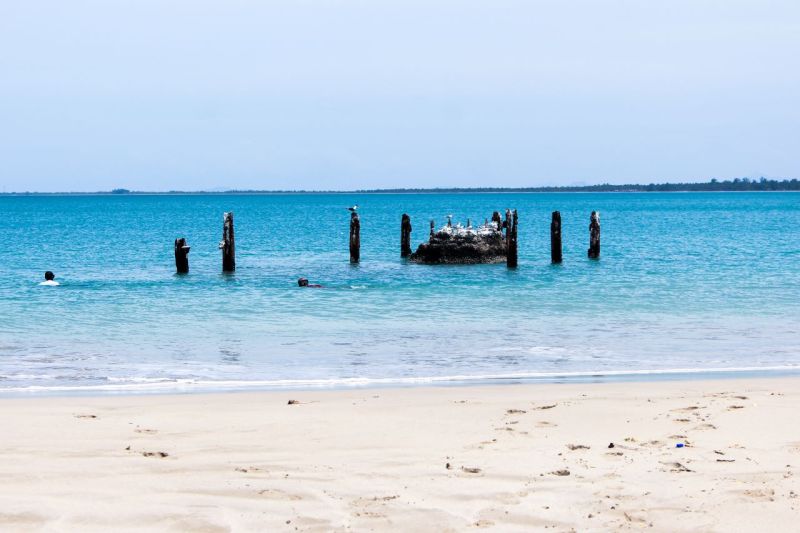By Samara Polwatta, 2023 Ocean Restoration Steward. All pictures by Shehan Boteju.
Situated on the spectacular east coast of Sri Lanka, Kalkudah is rising as a haven for sunlight seekers, surfers and scuba divers alike.
But even with remaining lined with unspoiled white-sand beach locations and flanked by the Kayankerni coral reef to the north, this seaside community remains a fishing city at coronary heart.
In point, Batticaloa district – the place Kalkudah is situated – is residence to almost 18 % of all of Sri Lanka’s fishers, despite producing up just 2.5 % of the country’s inhabitants. Unsurprisingly, most communities in the vicinity count on the fishing industry as their most important resource of money.
On the other hand, the COVID-19 pandemic experienced a profound impact on the marketplace as demand for fish tanked amid common misconceptions and misinformation on the safety of fish consumption. Fish catches fell by 20 percent, and exports by 26 %, in 2020.
In the meantime, the country’s ongoing economic and strength crises has further more inserted strain on the sector, main to a fall in fish generation and elevated output expenditures. As a outcome, fish costs have soared, threatening the livelihoods of fishers, who are presently between the most affordable-compensated personnel in Sri Lanka.
At the identical time, poverty fees have soared from 14 per cent in 2019 to 31 per cent in 2023, exacerbating situations for anglers and their people.
In these difficult situation, fishing people are progressively encouraging their children to drop out of education following completing primary school to be a part of the fishing business. Only a few learners manage to thoroughly finish secondary to tertiary instruction and escape poverty. Inspite of the very best attempts of college administrations to strengthen attendance, they frequently wrestle to compel small children to show up at classes because of to the challenging instances their families facial area.
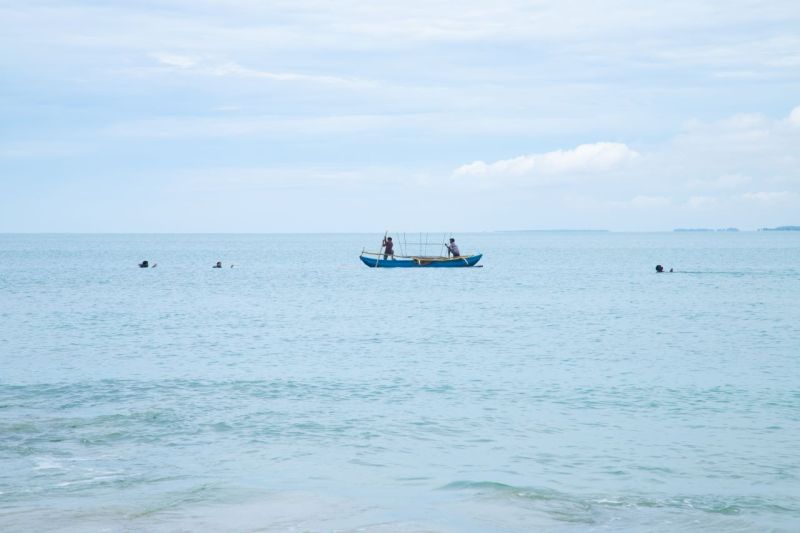
Setting up ocean literacy
On major of financial hardship, Sri Lankan fishers also facial area the loss of their livelihoods for a further motive: the decline of the country’s fisheries.
With more than 50,000 fishing vessels registered in Sri Lanka, lots of fisheries are previously overfished and have to have rebuilding. But in the encounter of poverty and food items insecurity, a lot of fishers are eager on maximizing their cash flow and are inclined to overlook their environmental impacts.
However, fishing communities also have a constrained comprehending of sustainable resource extraction methods. Relatively than trusting the data, they believe their tactics are sustainable as extensive as there are however fish in the sea for them to catch.
And in spite of warnings and policies in spot, numerous fishers even now vacation resort to destructive methods this sort of as utilizing dynamite, which results in immeasurable hurt to marine ecosystems, or discarding their fishing nets haphazardly irrespective of the damage this triggers to coral reefs and biodiversity. Also, squander from the properties in the vicinity of the coastline is commonly deposited into the ocean. This waste mainly is made up of plastic, which can be seriously dangerous to ocean everyday living.
We need to raise awareness of these detrimental techniques and of the local climate and biodiversity crises. A single way to do this is by raising group-degree engagement to motivate neighborhood individuals to embrace modify. To strike a balance in between resource extraction and conservation, we must undertake sustainable practices that mitigate environmental impacts even though still meeting economic needs.
Environmental stewardship is important to acquiring this balance – and it must start out from a youthful age. Our job, University Meets the Reef, performs with young men and women to cultivate optimistic improve, move absent from unsustainable tactics and embrace their traditions.
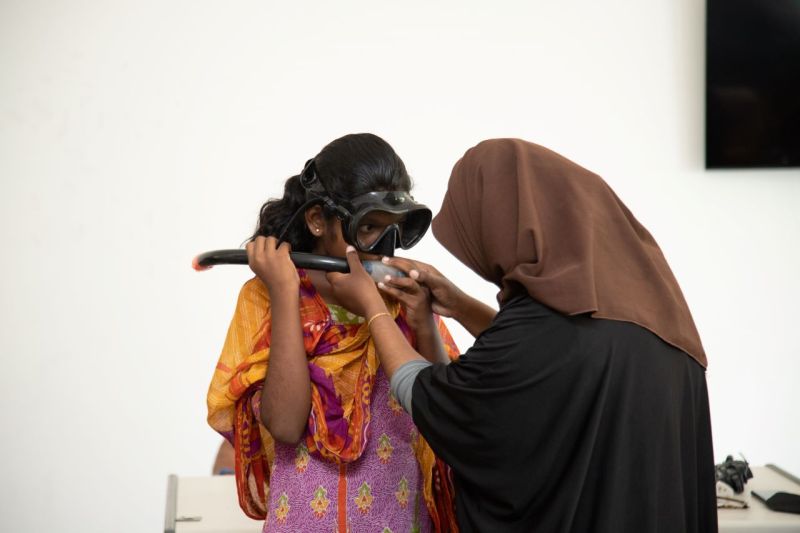
Sparking a fireplace inside younger minds
Introduced in 2023 and primarily based in Kalkudah, University Satisfies the Reef combines a coral conservation challenge with an instruction system aimed at increasing ocean literacy and expertise on character-dependent solutions, with the ultimate intention of addressing the quite a few worries Sri Lankan fishers and coastal ecosystems facial area.
There are many educational facilities in the vicinity of our restoration website, attended by schoolchildren among the ages of 7 and 16. Though conservation is a component of their curriculum, it is generally taught vaguely and lacks a concentration on character-primarily based methods.
Conservation is taught a lot more broadly in secondary educational facilities, but only in geography lessons, which are optional, and not all learners choose to examine the matter. As this kind of, lots of college students pass up out on vital understanding about their regional setting. This can make it complicated to interact these youthful minds to develop into efficient stewards of transform.
We have to have major modifications to the curriculum to make environmental schooling more desirable to pupils and to support parents realize the significance of university to their children’s foreseeable future. Until that happens, our task aims to plug the gap.
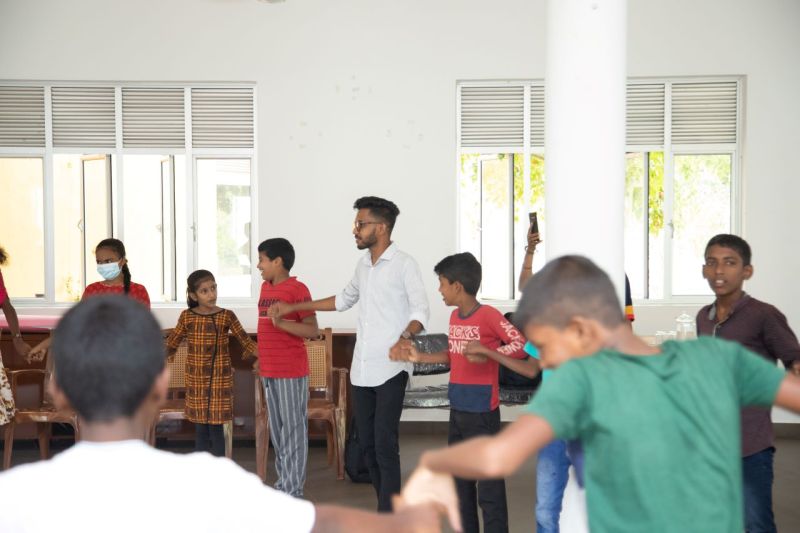
Our initially session, held at a neighborhood hall in Kalkudah, noticed the participation of 42 pupils ranging from ages 10 to 16. This two-working day system lined coastal ecosystems, conservation procedures and the impacts of the weather disaster, together with individuals on local fishing communities.
The most participating exercise observed college students work in groups to produce miniature versions of their best coastal environments. This activity enabled them to not only categorical themselves creatively but also showcase how they imagined their ideal coastal ecosystem.
We also released pupils to scuba diving by screening a movie of divers engaged in conservation and the miracles of the deep blue sea. Our main objective was to instill in them the relevance of defending our oceanic ecosystems.
Coaching tomorrow’s ocean stewards
Next the workshop, numerous of the students said they had designed a greater understanding of the linkages among ocean restoration, conservation and the fishing marketplace, and they had been eager to share their new know-how with their people when they returned household.
“I only consider of the ocean as a supply of income, but I can now see how almost everything is interconnected,” claimed Rani Selvaratnam.
“It’s really awesome to see not only adult men but also gals partaking in conservation,” added Raja Subramaniyamr. “At house, only my father goes to the sea to catch fish, while my mother stays at household. I am content to see all these sisters participating in conserving the ocean.”
This good reception is testomony to the great importance of early childhood instruction in driving beneficial change for equally nature and individuals. We’ve given that partnered with the Blue Assets Have faith in, an set up Sri Lankan marine study and consultancy, to expand our task to extra universities. We have executed 8 classes in full, reaching 192 learners, and extra an added module concentrating on plastic pollution and probable methods.
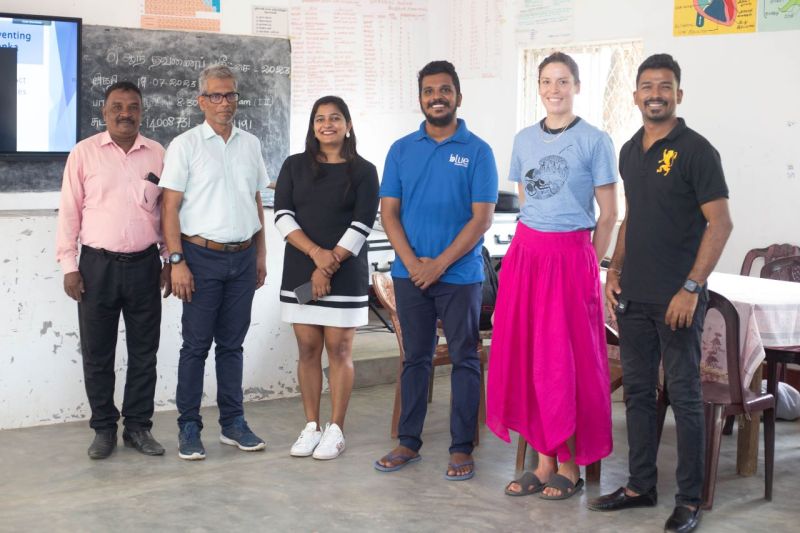
By means of these workshops, we attempt to guarantee that our coral reef restoration efforts not only boost ecosystems but also deeply include community communities, particularly youth. This is critical in every section of an ecological restoration challenge as it allows include precious neighborhood knowledge and enables communities to produce a perception of ownership and responsibility for its success.
Youthful people are not only the future but also the primary agents of improve and progress. That is why a single of our most important targets is to generate possibilities for young minds to flourish, which we imagine is very important for the good results of our restoration attempts.
